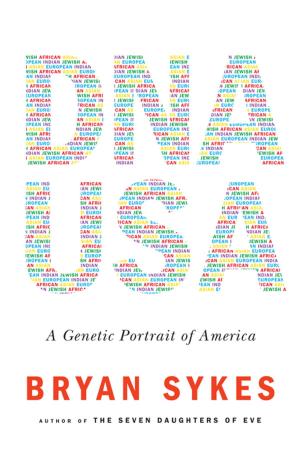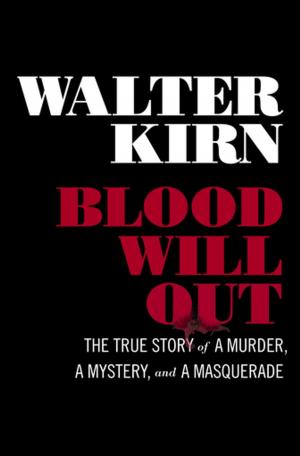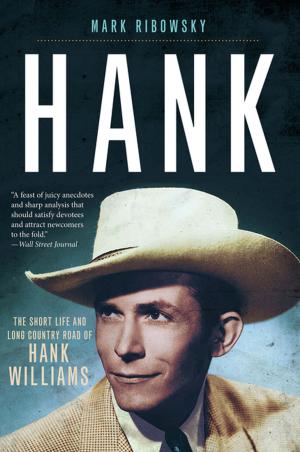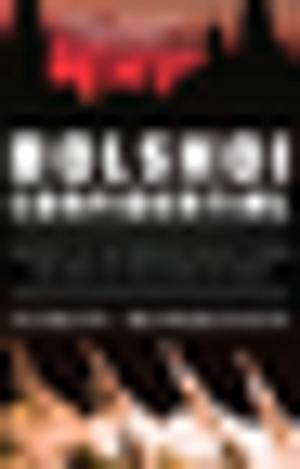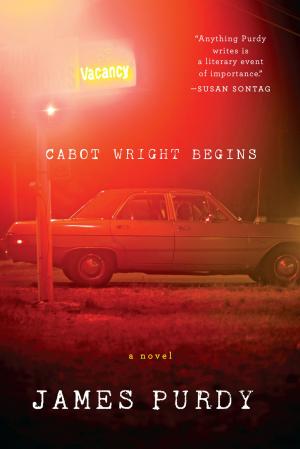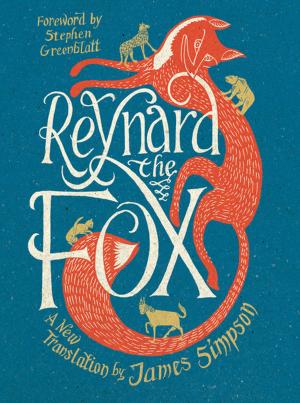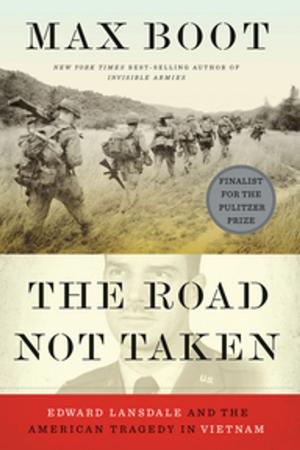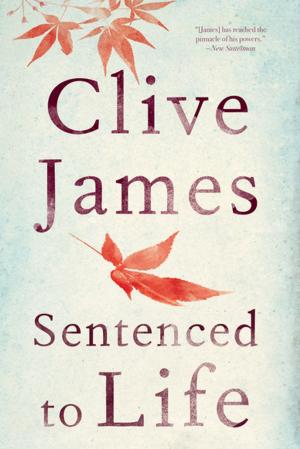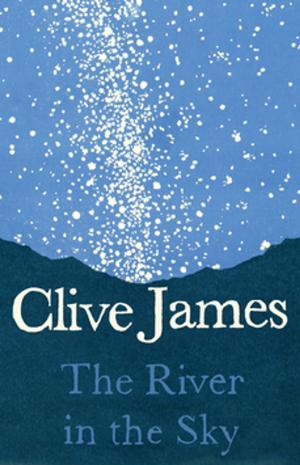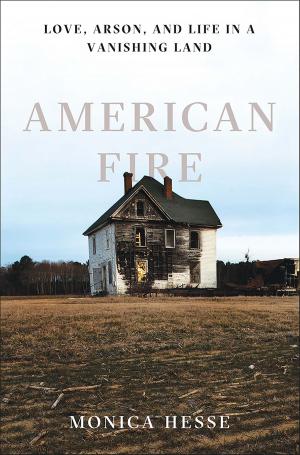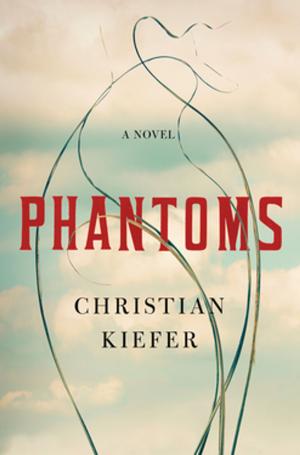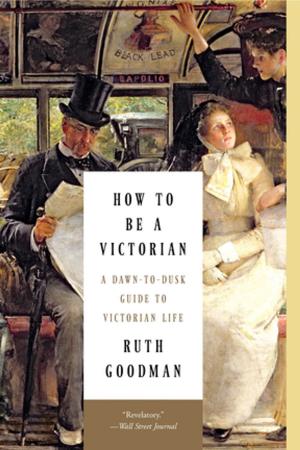| Author: | Adam Fitzgerald | ISBN: | 9781631491016 |
| Publisher: | Liveright | Publication: | September 27, 2016 |
| Imprint: | Liveright | Language: | English |
| Author: | Adam Fitzgerald |
| ISBN: | 9781631491016 |
| Publisher: | Liveright |
| Publication: | September 27, 2016 |
| Imprint: | Liveright |
| Language: | English |
A groundbreaking collection from one of our most acclaimed young poets about personal loss and consumer anxiety in the American suburbs.
In the wake of the critical success of The Late Parade (“poetry as lush as any of Keats’s odes,” New York Times Book Review), Adam Fitzgerald’s George Washington follows in the documentary poetics tradition of William Carlos Williams’s In the American Grain and Susan Howe’s My Emily Dickinson. These frenetic poems channel the proper names and product placement in the suburban New Jersey memescape of the 1990s. Fitzgerald’s catalogs—a world of video games and love songs, entertainment franchises and widespread anomie—seek out the proxies by which millions now live their most intimate experiences, examining everything from sexuality and faith to the spectacles of shopping and mass shootings. The poet’s memory may prove as fungible as the once-ubiquitous VHS cassette, but these queer poems form a hypertext archive of life as it’s packaged and purveyed. Fitzgerald’s “primal vision” (Harold Bloom), so wildly alive in The Late Parade, metamorphoses into an exhilarating exploration of Americana’s dark origins.
A groundbreaking collection from one of our most acclaimed young poets about personal loss and consumer anxiety in the American suburbs.
In the wake of the critical success of The Late Parade (“poetry as lush as any of Keats’s odes,” New York Times Book Review), Adam Fitzgerald’s George Washington follows in the documentary poetics tradition of William Carlos Williams’s In the American Grain and Susan Howe’s My Emily Dickinson. These frenetic poems channel the proper names and product placement in the suburban New Jersey memescape of the 1990s. Fitzgerald’s catalogs—a world of video games and love songs, entertainment franchises and widespread anomie—seek out the proxies by which millions now live their most intimate experiences, examining everything from sexuality and faith to the spectacles of shopping and mass shootings. The poet’s memory may prove as fungible as the once-ubiquitous VHS cassette, but these queer poems form a hypertext archive of life as it’s packaged and purveyed. Fitzgerald’s “primal vision” (Harold Bloom), so wildly alive in The Late Parade, metamorphoses into an exhilarating exploration of Americana’s dark origins.

